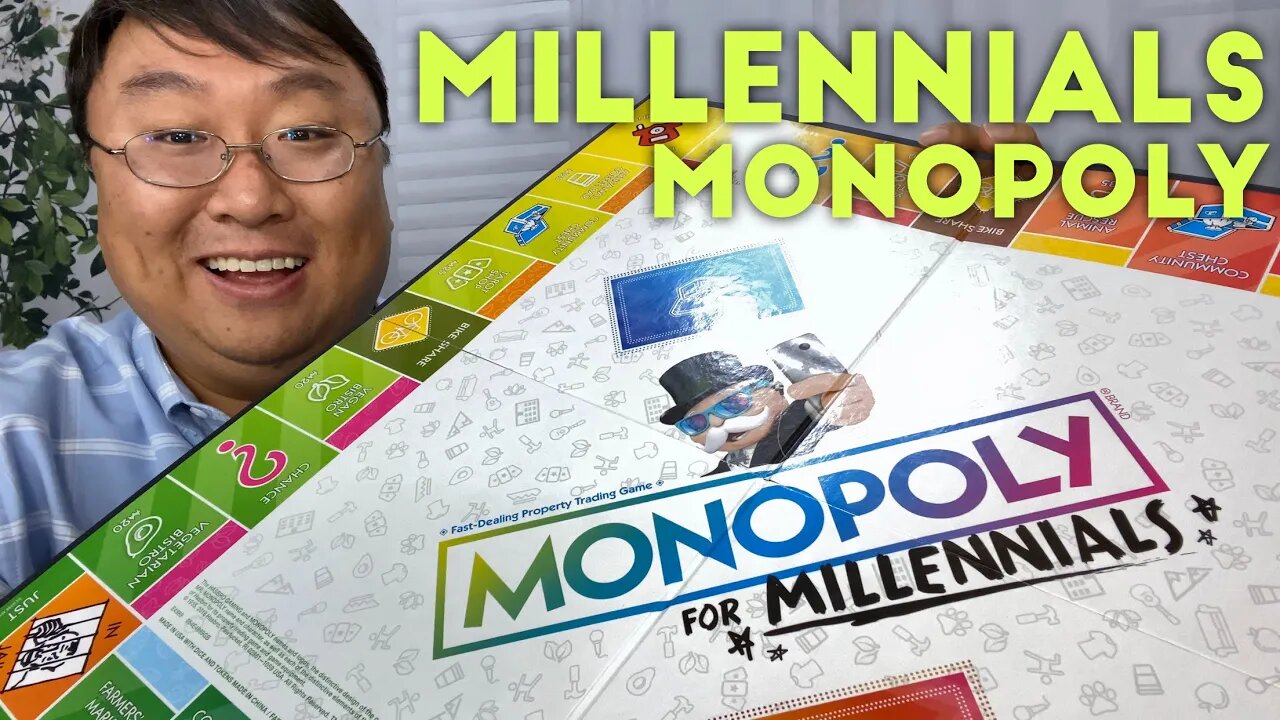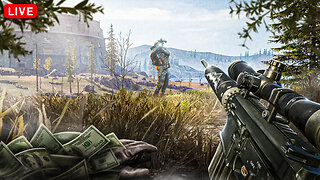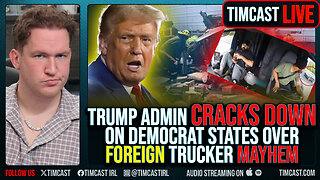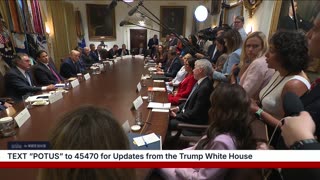Premium Only Content

Monopoly for Millennials Board Game Unboxing
Get it on Amazon here... https://geni.us/zE9B0
https://www.amazon.com/shop/petervonpanda
Join this channel to help me bring you more vids...
https://www.youtube.com/channel/UCS-ix9RRO7OJdspbgaGOFiA/join
Join the free von Panda group here... https://panda-research-institute.mn.co
Get Peter von Panda gear here... https://petervonpanda.storenvy.com/
Instagram... https://www.instagram.com/petervonpanda/
As an Amazon Associate I earn from qualifying purchases.
Monopoly for Millennials Board Game
by Hasbro
Adulting is hard; take a break from the rat race with this edition of the Monopoly game
Brand Name Hasbro
EAN 0630509774661 , 0732169335098 , 0651814972641 , 0630509785971
Monopoly for Millennials Board Game
Monopoly — the Hasbro version, not the concept — is a fun board game about capitalism. You and some number of your most patient friends take turns rolling dice for the opportunity to buy and trade fictional properties, and then “develop” those properties with “houses” and “hotels,” with the ultimate goal of driving everyone else into bankruptcy. It is like being Jeff Bezos, kind of, but from the comfort of your living room.
In this version of the game, players don't buy up properties — because what IRL millennial can afford to buy houses when they're too busy spending their money on avocado toast, right? Instead the game employs tired stereotypes of younger generations, as players buy "experiences" like going to the Vegan Bistro or crashing on their Friend's Couch. Skip the Boardwalk in favor of a Week-Long Meditation Retreat!
That’s because “Monopoly for Millennials,” the 83-year-old game’s latest incarnation, is not just geared towards 20- and 30-somethings; it seems intent on trolling them. The game box comes packaged complete with a snarky tagline: “Forget real estate. You can’t afford it anyway.” Mr. Monopoly, the game’s iconic mustachioed character, sports a participation medal while holding a latte, wearing headphones, and taking—what else—a selfie. But unlike in the classic version, cash does not win the day in this game. Rather than buying Park Place, you win “Monopoly for Millennials” by collecting experiences, such as going to a meditation retreat or dining at a vegan bistro. As an added touch, the classic game avatars have been updated with generationally appropriate models—like a crying emoji and a hashtag symbol: #ByeFelicia.
Money doesn't always buy a great time, but experiences, whether they're good -- or weird -- last forever. The Monopoly for Millennials game celebrates just that. Instead of collecting as much cash as possible, players are challenged to rack up the most Experiences to win. Travel around the gameboard discovering and visiting cool places to eat, shop, and relax. Interact with other players via Chance and Community Chest cards, (which are super relatable). And players don't pay rent -- they visit one another, earning more Experience points. This board game is a great way to bring a fun and relaxed vibe to a party or casual get-together.
Monopoly is a board game currently published by Hasbro. In the game, players roll two six-sided dice to move around the game board, buying and trading properties, and developing them with houses and hotels. Players collect rent from their opponents, with the goal being to drive them into bankruptcy. Money can also be gained or lost through Chance and Community Chest cards, and tax squares; players can end up in jail, which they cannot move from until they have met one of several conditions. The game has numerous house rules, and hundreds of different editions exist, as well as many spin-offs and related media. Monopoly has become a part of international popular culture, having been licensed locally in more than 103 countries and printed in more than 37 languages.
Monopoly is derived from The Landlord's Game created by Lizzie Magie in the United States in 1903 as a way to demonstrate that an economy which rewards wealth creation is better than one where monopolists work under few constraints,[1] and to promote the economic theories of Henry George—in particular his ideas about taxation.[3] It was first published by Parker Brothers in 1935. The game is named after the economic concept of monopoly—the domination of a market by a single entity.
-
 3:32
3:32
Peter von Panda
1 year agoFree Wendy's Frosties For A Year?
1K -
 LIVE
LIVE
StoneMountain64
2 hours agoWARZONE LEGEND RETURNS. GHILLIE SUIT $20k TOURNEY.
226 watching -
 2:11:17
2:11:17
Side Scrollers Podcast
4 hours agoINSANE Illegal Migrant Propaganda Xbox Game + Paypal REFUSES To Pay Dev + More | Side Scrollers
20.1K -
 LIVE
LIVE
ROSE UNPLUGGED
43 minutes agoMore of Less: Purpose, Discipline & the Minimalist Mindset
53 watching -
 1:02:18
1:02:18
Timcast
2 hours agoDemocrat States Ignore English Language Mandate For Truckers, DoT Vows Crackdown Amid Trucker Mayhem
136K39 -
 1:57:04
1:57:04
Steven Crowder
5 hours agoAdios & Ni Hao: Trump Sends Abrego Garcia to Africa But Welcomes 600K Chinese to America
292K231 -
 LIVE
LIVE
The White House
5 hours agoPresident Trump Participates in a Cabinet Meeting, Aug. 26, 2025
2,522 watching -
 1:18:51
1:18:51
Rebel News
2 hours agoCarney's flawed LNG deal, Libs keep mass immigration, Poilievre's plan to fix it | Rebel Roundup
16.6K7 -
 27:39
27:39
Crypto.com
5 hours ago2025 Live AMA with Kris Marszalek, Co-Founder & CEO of Crypto.com
68.1K4 -
 56:18
56:18
TheAlecLaceShow
2 hours agoMAGA Pushback Against Flag Burning EO & 600K Chinese Students | Cashless Bail | The Alec Lace Show
15.2K